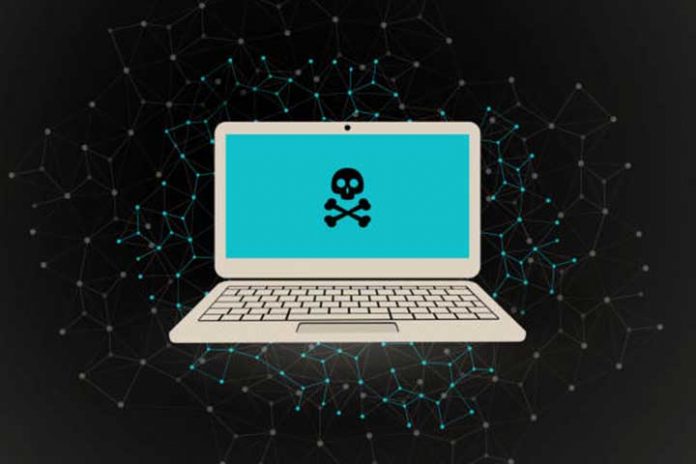Why is cybersecurity so critical? If you ask yourself this question, the answer is because it protects us from attackers. People who create malware and generate computer attacks to access the personal information of companies or netizens. To achieve this, they must first find a computer vulnerability. This is the door they use to access information and launch their malicious intentions. Cybersecurity is necessary to eliminate that possibility, creating a fortified lock so cyber attackers cannot continue with their evil plans. And likewise, it offers individuals and companies the option of protecting their information in the best possible way.
What is computer vulnerability?
This refers to the weakness that software or hardware may have. Without authorization, attackers can exploit the situation to access the platform, system, or information. The objective of these is to obtain valuable information that they can use to blackmail or commit fraud by demanding the payment of an exuberant amount of money. In most cases, it is your offer in exchange for returning the information or protecting said data.
Having a computer vulnerability in a system generates a series of disadvantages, which, if not corrected in time, make it easier for these criminals to use them against us. Therefore, one of the objectives of cybersecurity is to find these weaknesses. To correct them later and eradicate them or activate a solution for them. In this way, it is possible to maintain computer data security.
Do you want to detect the vulnerabilities that your company must attack? Learn to see and reduce them with the Master in Compliance, Cybersecurity, and Risk Management
What are the types of computer vulnerabilities that exist?
To better identify the most common vulnerabilities today, we must first mention their types. Since many of them help us better to understand the origin or origin of these failures:
Known vulnerabilities: refers to those we are aware that exist. Either because our system or infrastructure is very new or we have detected bugs in our equipment, devices, software, and applications. In general, they are those that are much more obvious.
Unknown vulnerabilities: are those we do not know, that we only detect when damage has already occurred and its consequence is in process. They are the most dangerous because they manifest after generating a failure. The company is usually not prepared to serve them properly or is simply unaware of their behaviour. This is how these are the ones that cyber criminals generally use to attack companies, taking advantage of the surprise factor. They can even be used to expose more system vulnerabilities and create some openings to continue the attack.
Here are some of the most well-known computer vulnerabilities :
- Buffer overflow
- Race condition
- SQL injection
- Format string bugs
- Denial of service
- Cross-Site Scripting (XSS)
- Deceptive windows (Window Spoofing)
Examples of vulnerabilities at the computer level that we must correct
It is essential to mention that vulnerabilities do not exist by themselves. Most of the time, they occur due to some error or failure in the system; however, this is not the only reason. The human error that a person can commit can also be considered a vulnerability; in its majority, it is not malicious, but its consequences can be severe. For this reason, we will mention some of the most common examples in this area :
- Use of weak passwords
- Virus infection in programs
- Bad configuration
- Lack of data encryption
- Free use of the platforms without authorization or without coordinating permissions
- URL redirection to untrusted sites or without HTTPS certificate
- Lack of authentication for a critical function
- Uploading and downloading dangerous files or files of dubious origin
- Dependence on unreliable inputs in a security decision
- Cross-site scripting and forgery
- Lack of resource and equipment management
- Error invalidations
- Bugs
Vulnerability vs. Threat
Although there is confusion regarding these two terms, you should first know that they do not mean the same, nor are they synonymous. Still, they have a close relationship with each other since vulnerabilities are those failures that threats take advantage of to carry out their mission and can generate a negative consequence in the system or equipment to be infected.
This is how the vulnerability is necessary to attack because if it is not addressed in time, cyber attackers can take advantage of it to cause severe damage. Consequently, by working to eliminate weaknesses, the company can ensure that your private information is not in the wrong hands. Otherwise, your reliability, positioning, and prestige in the market may be affected. This is one of the main reasons companies invest in cybersecurity for their business.

